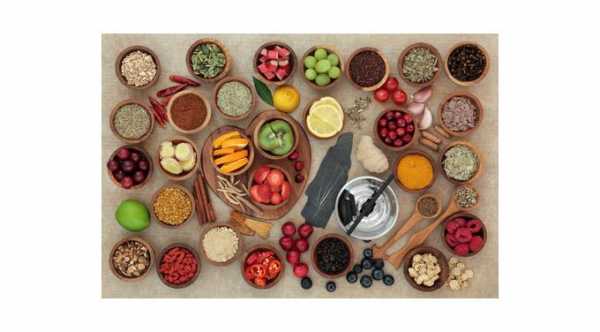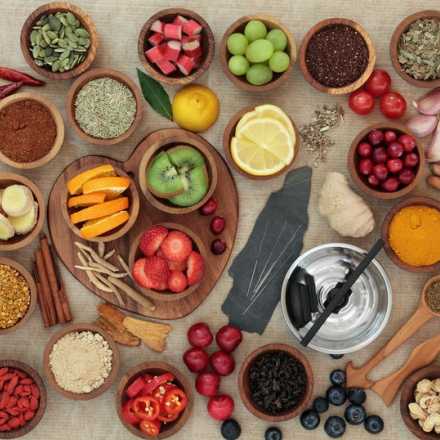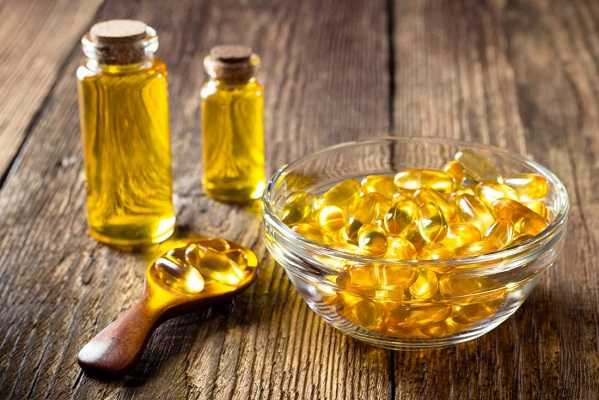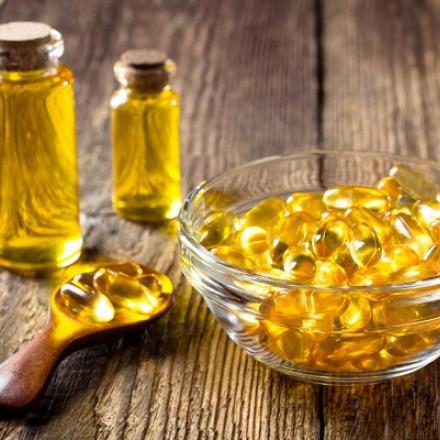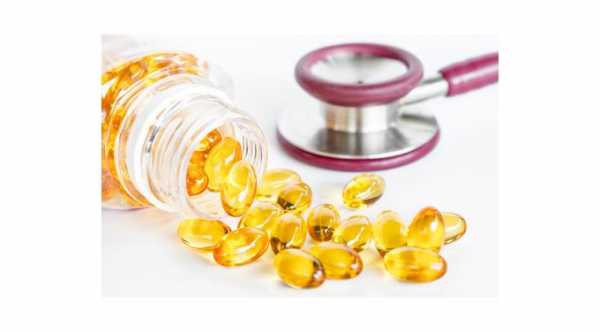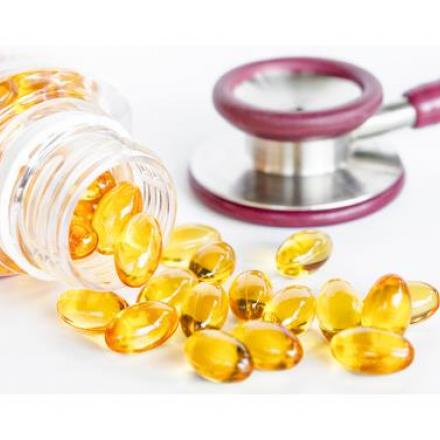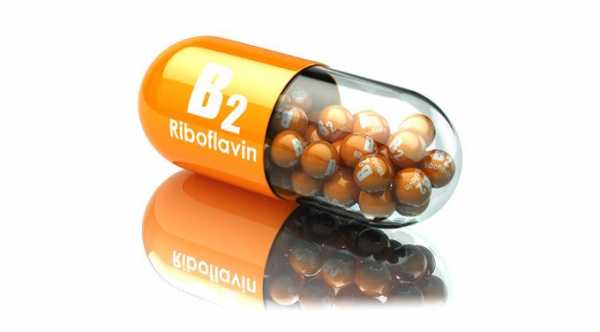
Symptoms of Riboflavin Deficiency
Vision Spotlight on Riboflavin: What It Means to Your Eyesight?
How much can one little vitamin matter to your health and your eyesight? A lot, if it’s riboflavin or vitamin B2.
Symptoms of Riboflavin Deficiency
Symptoms of Riboflavin Deficiency start out with feeling as if you have sand or a little piece of dirt on the inside of your eyelids. This may be followed with the feeling that your eyes are burning along with eye fatigue. Soon there will be sensitivity to light and then changes in the cornea and eventually cataracts.
According to Japanese researchers at the Department of Ophthalmology and Visual Sciences in Nagasaki, a riboflavin deficiency in rats for three months was enough to decrease the microvilli in the epithelium of the conjunctiva and the number of goblet cells. The cornea had many darkened cells with a decrease in microvilli, too.
The basement membrane was eroded and the dead cells layered up forming cell debris. Luckily, when the rats were given riboflavin, the conjunctiva and the cornea recovered fully. This has serious implications for how riboflavin deficiency affects the human eye.
But eye changes aren’t the only signs of a vitamin B2 deficiency. You can include the following as riboflavin deficiency symptoms:
• Cracks and sores in the corners of your mouth.
• Oily skin, especially in the T zone of the face (forehead, nose and chin).
• Vaginal itching.
• Dilation of the pupil.
• Scaliness around the nose, mouth and forehead.
• Hair loss, baldness.
• Weight loss.
• Digestive disturbances.
• Lack of stamina.
• Lack of vitality
Just Get Enough Riboflavin In Your Diet
The fact is that riboflavin is very important for your vision and here’s the proof:
In one study, 47 patients who had light sensitivity, eyestrain, burning eyes, eyes that watered easily, and eye fatigue – many of the above riboflavin deficiency symptoms – were given riboflavin.
In only 24 hours they started getting better. Symptoms of riboflavin deficiency started disappearing after only 48 hours. If they continued taking the riboflavin, all their symptoms disappeared. But once they went off the riboflavin, symptoms returned, most likely indicating that their diet wasn’t maintaining the amount needed daily – about 1.6 mg.
Foods that are good sources of riboflavin include liver, tongue and other organ meats – meats not usually consumed by the majority of the population; milk, eggs, and brewer’s yeast.
Good vision, good skin, great nails and beautiful hair depend on a daily dosage of vitamin B2 riboflavin. This B vitamin is used in the body for enzymes that break down or utilize proteins, fats and carbohydrates.
Dietary Sources of Riboflavin
Here’s a sample list of different foods with riboflavin and riboflavin content:
Food | Riboflavin Content |
Liver, pan-fried, 3 oz | 2.9 mg |
French toast, 2 slices | 0.5 mg |
General Mills Corn Flakes, 1-1/3 cup | 1.7 mg |
General Mills, Raisin Bran 1 cup | 1.7 mg |
General Mills, Wheaties, 1 cup | 0.85 mg |
Kellogg’s All-Bran cereal, ½ cup | 0.85 mg |
Kellogg’s Wheat Bran, ¾ cup | 1.71 mg |
Quaker Instant Oats, maple-flavored, 1 packet | 0.34 mg |
Duck, ½ | 1.04 mg |
Eggnog, 1 cup | 0.48 mg |
Large taco, 1 | 0.68 mg |
Mushrooms, cooked, boiled, 1 cup | 0.47 mg |
Okra, 1 cup | 0.23 mg |
Dried prunes, 1 cup stewed | 0.25 mg |
Spinach, cooked, 1 cup | 0.43 mg |
Mixed vegetables, 1 cup cooked | 0.22 mg |
Veal, leg 3 oz | 0.3 mg |
Turkey, 8 oz roasted | 0.26 mg |
Many of the foods which are high in riboflavin are only high because they have been enriched in the vitamin. For example, you can get a hefty dose of riboflavin – 0.86 mg in 1 tablespoon malted milk, but what is malted milk anyway besides a combination of chemicals, and most likely loaded with AGEs.
Your best bet on getting enough riboflavin is to take a B complex supplement. Supplementing with one B vitamin is never a good idea, since this practice can end up causing deficiencies of other B vitamins.
Riboflavin Deficiency and Cataracts
What’s the relationship of riboflavin to eyesight, specifically cataracts?
In one study performed at the Jules Stein Eye Institute at the University of California, Los Angeles, researchers viewed lens-capsule specimens and epithelial specimens of 50 adults with age-related cataracts.
They found a mix of normal and abnormal cells and saw a decrease in the epithelial cell activity with advancing age. They found a severe glutathione reductase deficiency in 23% of the specimens.
The researchers thought that a dietary deficiency of riboflavin was at fault. The study was printed in the American Journal of Ophthalmology in 1991. Riboflavin and good eyesight go hand in hand. Are you taking a B complex today?



